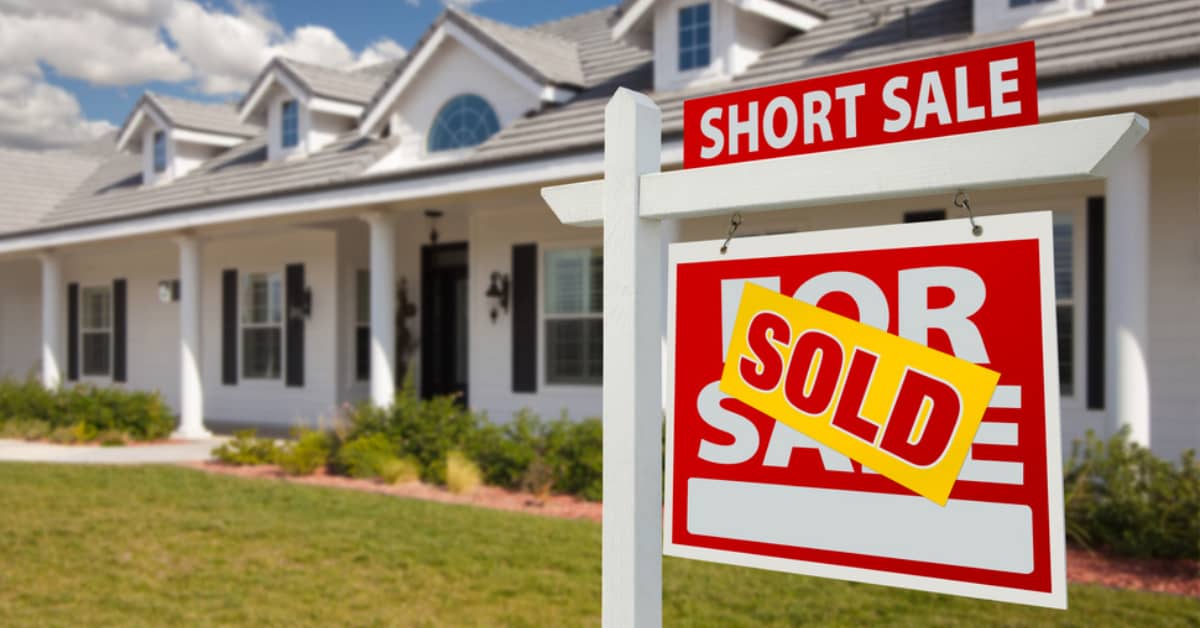Alternatives To Short Sale Video
If your lender doesn’t agree to a short sale on your house, there are several other options available to you.
One option would be a “deed in lieu “, which is basically a voluntary foreclosure and all that happens is that you sign the property back over to the bank without going through the whole legal process involved with a foreclosure. You should be aware however that a deed in lieu will show up on your credit as a foreclosure.
Another option available to you, if you’re interested in trying to keep your house is a loan modification. A loan modification is when we try and get the terms of your loan adjusted so that you can afford to keep your home. We do this by either getting your payment reduced or reducing the principal balance or both.
Bankruptcy is also an option to avoid foreclosure. There are 2 different types of bankruptcies, a chapter 7 and chapter 13. In this case you would need to talk to a Bankruptcy attorney, and most of them will give you a free consultation on the initial visit.
What if you just let your house go to foreclosure?
I would highly recommend that you don’t take this approach because you are just giving up, and when you give up then you’re giving up all control of your situation to the bank and then they can do what they want at that point.
Also, don’t think that just because you let it go to foreclosure, that you will be free of that debt. Actually the opposite will probably happen and the bank will hit you with a deficiency judgment for the difference between what you owe and what the property sold for at the auction.
So please if you find yourself in this situation, consult with a licensed real estate professional figure out what your best option is and take action.
Feel free to call us at 407-902-7750 or visit us at https://orlandorealtyconsultants.com/short-sales/









